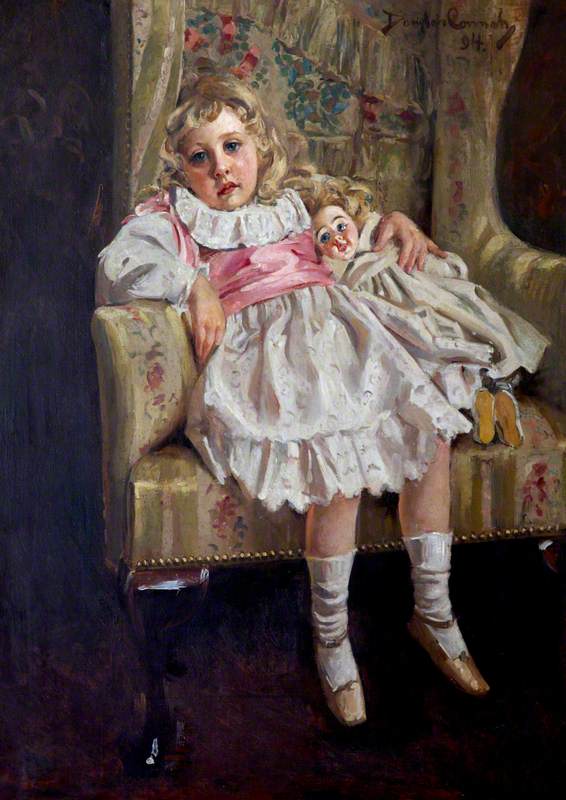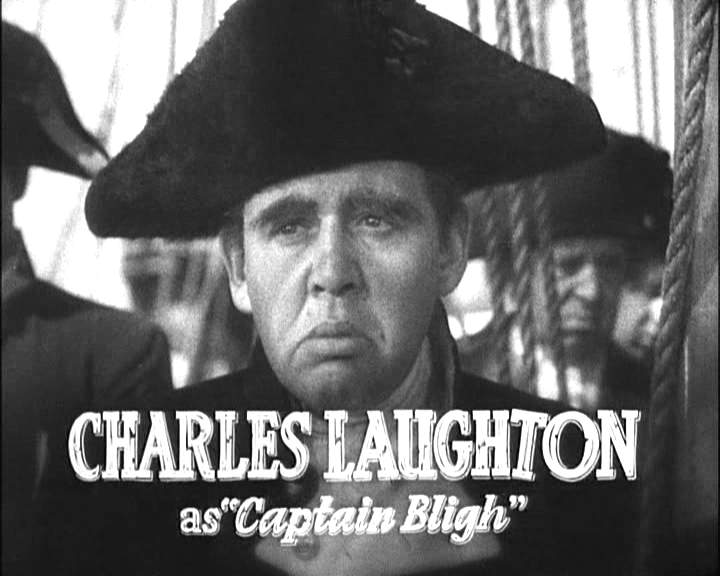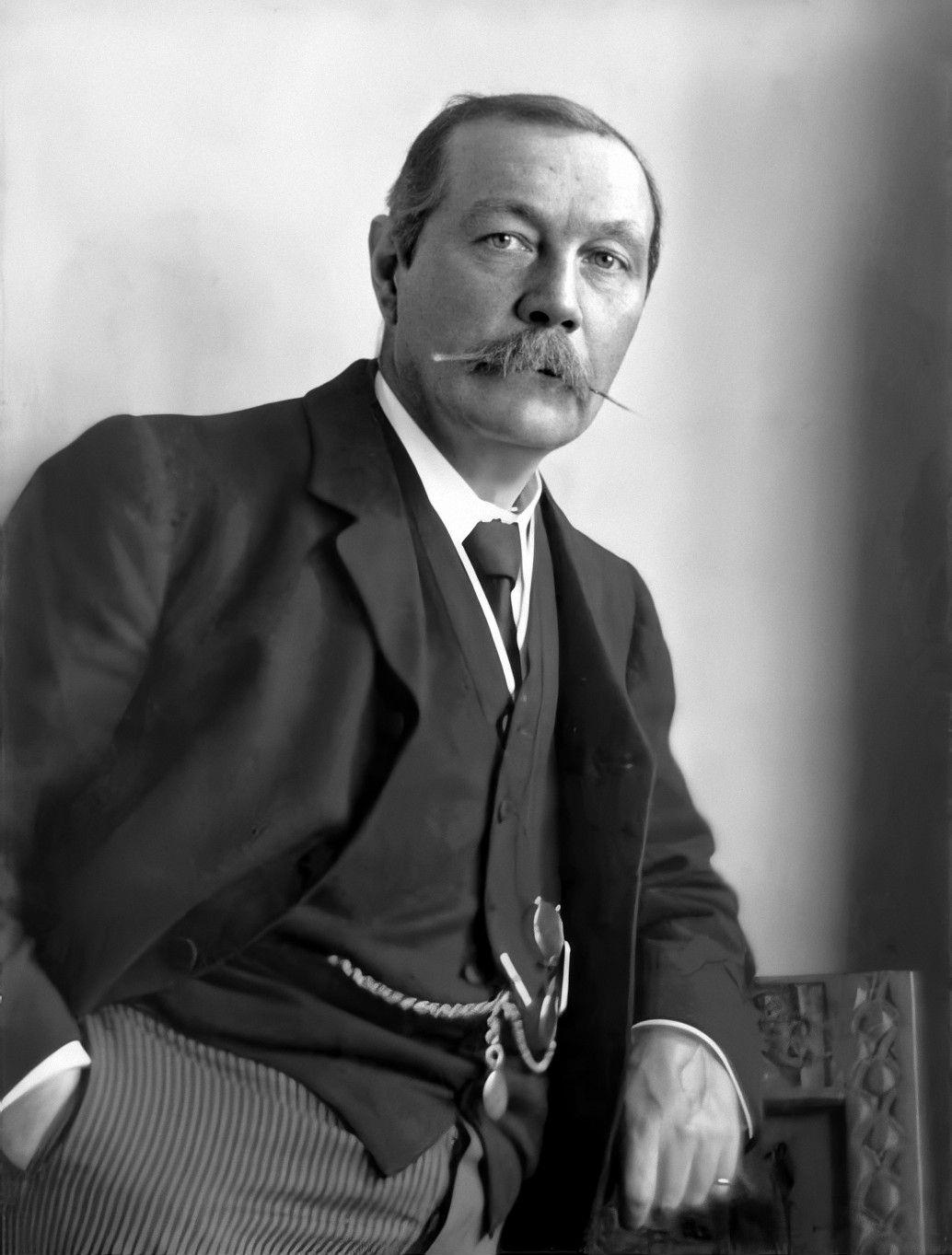|
Black Coffee (play)
''Black Coffee'' is a play by the British crime-fiction author Agatha Christie (1890–1976) which was produced initially in 1930. The first piece that Christie wrote for the stage, it launched a successful second career for her as a playwright. In the play, a scientist discovers that someone in his household has stolen the formula for an explosive. The scientist calls Hercule Poirot to investigate, but is murdered just as Poirot arrives with Hastings and Inspector Japp. The successful play was adapted as a film in 1931. In 1998, 22 years after Christie's death, it was re-published in the United Kingdom and the United States in the form of a novel. The novelisation was undertaken by the Australian-born writer and classical music critic Charles Osborne, with the endorsement of the Christie estate. Writing and production Agatha Christie began writing ''Black Coffee'' in 1929, feeling disappointed with the portrayal of Hercule Poirot in the previous year's play ''Alibi'', and ... [...More Info...] [...Related Items...] OR: [Wikipedia] [Google] [Baidu] |
Agatha Christie
Dame Agatha Mary Clarissa Christie, Lady Mallowan, (; 15 September 1890 – 12 January 1976) was an English writer known for her 66 detective novels and 14 short story collections, particularly those revolving around fictional detectives Hercule Poirot and Miss Marple. She also wrote the world's longest-running play, the murder mystery ''The Mousetrap'', which has been performed in the West End since 1952. A writer during the "Golden Age of Detective Fiction", Christie has been called the "Queen of Crime". She also wrote six novels under the pseudonym Mary Westmacott. In 1971, she was made a Dame (DBE) by Queen Elizabeth II for her contributions to literature. ''Guinness World Records'' lists Christie as the best-selling fiction writer of all time, her novels having sold more than two billion copies. Christie was born into a wealthy upper middle class family in Torquay, Devon, and was largely home-schooled. She was initially an unsuccessful writer with six co ... [...More Info...] [...Related Items...] OR: [Wikipedia] [Google] [Baidu] |
Francis L
Francis may refer to: People *Pope Francis, the head of the Catholic Church and sovereign of the Vatican City State and Bishop of Rome * Francis (given name), including a list of people and fictional characters *Francis (surname) Places * Rural Municipality of Francis No. 127, Saskatchewan, Canada * Francis, Saskatchewan, Canada **Francis (electoral district) * Francis, Nebraska *Francis Township, Holt County, Nebraska * Francis, Oklahoma *Francis, Utah Other uses * ''Francis'' (film), the first of a series of comedies featuring Francis the Talking Mule, voiced by Chill Wills *''Francis'', a 1983 play by Julian Mitchell * FRANCIS, a bibliographic database * ''Francis'' (1793), a colonial schooner in Australia * Francis turbine, a type of water turbine * Francis (band), a Sweden-based folk band * Francis, a character played by YouTuber Boogie2988 See also * Saint Francis (other) * Francies, a surname, including a list of people with the name * Francisco (disambiguation ... [...More Info...] [...Related Items...] OR: [Wikipedia] [Google] [Baidu] |
Joyce Bland
Joyce Bland (10 May 1906 – 24 August 1963) was a Welsh film actress. Early life Joyce Bland was born in 1906, at Caerleon, Wales. She trained at the Royal Academy of Dramatic Arts. Career Bland made her stage debut on tour in 1927 in '' The Constant Nymph''. She then returned to London and understudied Tallulah Bankhead. In 1935 she appeared in the historical play '' Mary Tudor''. Her interpretation of the role of Goneril in ''King Lear'' was considered "extraordinary" and "sinister". However, another critic referred to her as "the aptly named Joyce Bland," who "spoke finely" and "looked beautiful" as Desdemona in ''Othello'' at Stratford. Later she went to North America where she appeared in Shakespearean roles. ''Winnipeg Tribune'' (11 No ... [...More Info...] [...Related Items...] OR: [Wikipedia] [Google] [Baidu] |
André Van Gyseghem
André van Gyseghem (18 August 1906 – 13 October 1979) was an English actor and theatre director who also appeared in many British television programmes. Early life Van Gyseghem was born on 18 August 1906 in Eltham, Kent, the son of Georges Emil van Gyseghem and his wife Minnie Evison (née Offord). He went to school in Greenwich, then studied for the stage at RADA. He worked initially in a music-publishing business.Who's Who in the Theatre: Van Gyseghem, André archive.org. Retrieved 3 June 2017. He made his stage debut at the Theatre Royal, Bognor, in September 1927, as Peveril Leyburn in '' The Constant Nymph'', then in January 1928 toured as Lewis Dodd in the sam ... [...More Info...] [...Related Items...] OR: [Wikipedia] [Google] [Baidu] |
Ivor Brown
Ivor John Carnegie Brown CBE (25 April 1891 – 22 April 1974) was a British journalist and man of letters. Biography Born in Penang, Malaya, Brown was the younger of two sons of Dr. William Carnegie Brown, a specialist in tropical diseases, and his wife Jean Carnegie. At an early age he was sent to Britain, where he attended Suffolk Hall preparatory school and Cheltenham College. After additional private instruction, he was accepted into Balliol College, Oxford, graduating with a double first in classical honour moderations and '' Literae Humaniores''. Early career Excelling on the civil service examination, Brown spent two days as a civil servant in the Home Office in 1913 before realising he was unsuited for the job and quit to become a freelance writer. At this time he was involved in left-wing politics, and was a conscientious objector during the First World War. Though he started authoring books at this time, his ability to write quickly and over a wide range of topics ... [...More Info...] [...Related Items...] OR: [Wikipedia] [Google] [Baidu] |
Charles Laughton
Charles Laughton (1 July 1899 – 15 December 1962) was a British actor. He was trained in London at the Royal Academy of Dramatic Art and first appeared professionally on the stage in 1926. In 1927, he was cast in a play with his future wife Elsa Lanchester, with whom he lived and worked until his death. He played a wide range of classical and modern parts, making an impact in Shakespeare at the Old Vic. His film career took him to Broadway and then Hollywood, but he also collaborated with Alexander Korda on notable British films of the era, including ''The Private Life of Henry VIII'', for which he won the Academy Award for Best Actor for his portrayal of the title character. He portrayed everything from monsters and misfits to kings. Among Laughton's biggest film hits were ''The Barretts of Wimpole Street'', ''Mutiny on the Bounty'', ''Ruggles of Red Gap'', ''Jamaica Inn'', ''The Hunchback of Notre Dame'', ''The Big Clock'', and ''Witness for the Prosecution''. Daniel D ... [...More Info...] [...Related Items...] OR: [Wikipedia] [Google] [Baidu] |
The Guardian
''The Guardian'' is a British daily newspaper. It was founded in 1821 as ''The Manchester Guardian'', and changed its name in 1959. Along with its sister papers ''The Observer'' and ''The Guardian Weekly'', ''The Guardian'' is part of the Guardian Media Group, owned by the Scott Trust. The trust was created in 1936 to "secure the financial and editorial independence of ''The Guardian'' in perpetuity and to safeguard the journalistic freedom and liberal values of ''The Guardian'' free from commercial or political interference". The trust was converted into a limited company in 2008, with a constitution written so as to maintain for ''The Guardian'' the same protections as were built into the structure of the Scott Trust by its creators. Profits are reinvested in journalism rather than distributed to owners or shareholders. It is considered a newspaper of record in the UK. The editor-in-chief Katharine Viner succeeded Alan Rusbridger in 2015. Since 2018, the paper's main news ... [...More Info...] [...Related Items...] OR: [Wikipedia] [Google] [Baidu] |
The Observer
''The Observer'' is a British newspaper published on Sundays. It is a sister paper to ''The Guardian'' and ''The Guardian Weekly'', whose parent company Guardian Media Group Limited acquired it in 1993. First published in 1791, it is the world's oldest Sunday newspaper. History Origins The first issue, published on 4 December 1791 by W.S. Bourne, was the world's first Sunday newspaper. Believing that the paper would be a means of wealth, Bourne instead soon found himself facing debts of nearly £1,600. Though early editions purported editorial independence, Bourne attempted to cut his losses and sell the title to the government. When this failed, Bourne's brother (a wealthy businessman) made an offer to the government, which also refused to buy the paper but agreed to subsidise it in return for influence over its editorial content. As a result, the paper soon took a strong line against radicals such as Thomas Paine, Francis Burdett and Joseph Priestley. 19th century In 180 ... [...More Info...] [...Related Items...] OR: [Wikipedia] [Google] [Baidu] |
John Watson (Sherlock Holmes)
John H. Watson, known as Dr. Watson, is a fictional character in the Sherlock Holmes stories by Sir Arthur Conan Doyle. Along with Sherlock Holmes, Dr. Watson first appeared in the novel ''A Study in Scarlet'' (1887). The last work by Doyle featuring Watson and Holmes is the short story "The Adventure of Shoscombe Old Place" (1927), but that is not the last story in the timeline of the series, which is "His Last Bow" (1917). Watson is Holmes's best friend, assistant and flatmate. He is the first-person narrator of all but four of the stories of the cases that he relates. Watson is described as a classic Victorian-era gentleman, unlike the more eccentric Holmes. He is astute and intelligent although he fails to match his friend's deductive skills. As Holmes's friend and confidant, Watson has appeared in various films, television series, video games, comics and radio programmes. Character creation In Doyle's early rough plot outlines, Holmes's associate was named "Ormond Sac ... [...More Info...] [...Related Items...] OR: [Wikipedia] [Google] [Baidu] |
The Times
''The Times'' is a British daily national newspaper based in London. It began in 1785 under the title ''The Daily Universal Register'', adopting its current name on 1 January 1788. ''The Times'' and its sister paper ''The Sunday Times'' (founded in 1821) are published by Times Newspapers, since 1981 a subsidiary of News UK, in turn wholly owned by News Corp. ''The Times'' and ''The Sunday Times'', which do not share editorial staff, were founded independently and have only had common ownership since 1966. In general, the political position of ''The Times'' is considered to be centre-right. ''The Times'' is the first newspaper to have borne that name, lending it to numerous other papers around the world, such as ''The Times of India'', ''The New York Times'', and more recently, digital-first publications such as TheTimesBlog.com (Since 2017). In countries where these other titles are popular, the newspaper is often referred to as , or as , although the newspaper is of nationa ... [...More Info...] [...Related Items...] OR: [Wikipedia] [Google] [Baidu] |
Scopolamine
Scopolamine, also known as hyoscine, or Devil's Breath, is a natural or synthetically produced tropane alkaloid and anticholinergic drug that is formally used as a medication for treating motion sickness and postoperative nausea and vomiting. It is also sometimes used before surgery to decrease saliva. When used by injection, effects begin after about 20 minutes and last for up to 8 hours. It may also be used orally and as a transdermal patch since it has been long known to have transdermal bioavailability Scopolamine is in the antimuscarinic family of drugs and works by blocking some of the effects of acetylcholine within the nervous system. Scopolamine was first written about in 1881 and started to be used for anesthesia around 1900. Scopolamine is also the main active component produced by certain plants of the nightshade family, which historically have been used as psychoactive drugs (known as ''deliriants'') due to their antimuscarinic-induced hallucinogenic eff ... [...More Info...] [...Related Items...] OR: [Wikipedia] [Google] [Baidu] |
Black Coffee First Edition Cover 1998
Black is a color which results from the absence or complete absorption of visible light. It is an achromatic color, without hue, like white and grey. It is often used symbolically or figuratively to represent darkness. Black and white have often been used to describe opposites such as good and evil, the Dark Ages versus Age of Enlightenment, and night versus day. Since the Middle Ages, black has been the symbolic color of solemnity and authority, and for this reason it is still commonly worn by judges and magistrates. Black was one of the first colors used by artists in Neolithic cave paintings. It was used in ancient Egypt and Greece as the color of the underworld. In the Roman Empire, it became the color of mourning, and over the centuries it was frequently associated with death, evil, witches, and magic. In the 14th century, it was worn by royalty, clergy, judges, and government officials in much of Europe. It became the color worn by English romantic poets, businessm ... [...More Info...] [...Related Items...] OR: [Wikipedia] [Google] [Baidu] |






